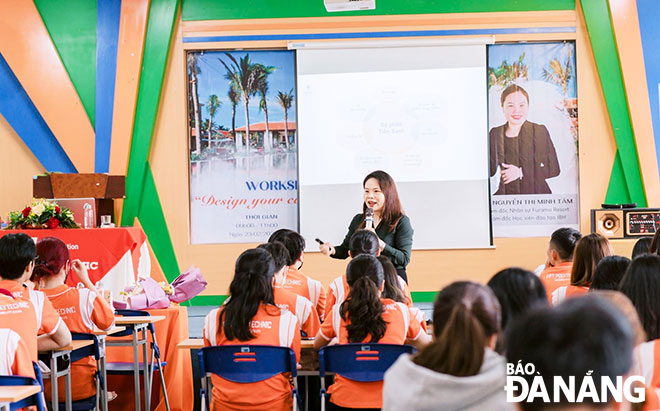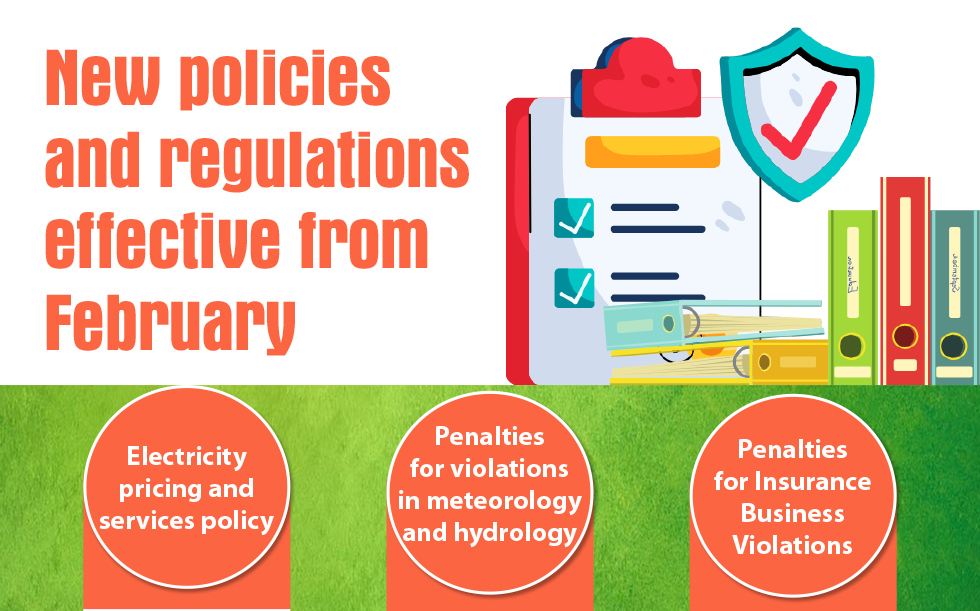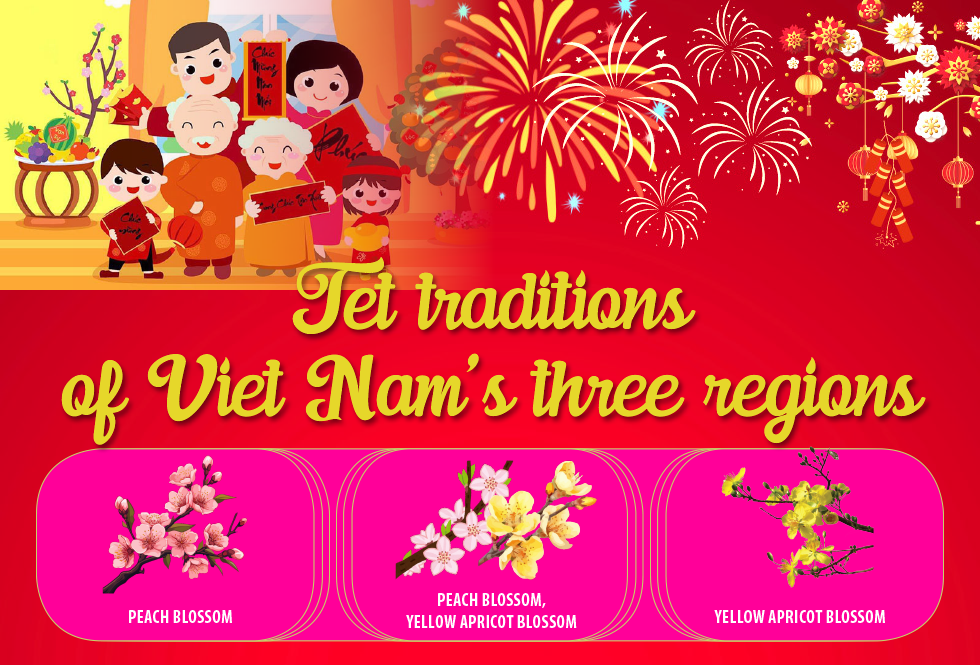Enhancing local community participation in tourism development in Da Nang
Boosting tourism development is no longer just a private matter for local government and tourism businesses, but it depends heavily on the support and involvement of local residents. The involvement of locals is among the key success factors in the city’s tourism industry as smile and gentle attitude of each citizen towards tourists become the most important factors in attracting tourists.
 |
| Mrs. Nguyen Thi Minh Tam, the Director of IBH Academy, conducts a training course on essential receptionist skills and behavior for Da Nang’s trainees. Photo: TIEU YEN |
Local people participation in tourism development
Mr. Pham Tan Hung, the Director of Truong Dinh Eco-agricultural Tourism Cooperative located in Hoa Lien Commune, Hoa Vang Suburban District said that it took him a relatively long period of time and a lot of work to prepare for the establishment of Kokoro Farm covering an area of 10 hectares. Visiting this farm, tourists have the opportunity to take part in farming activities like a real farmer in addition to participating in such games as duck chasing, wading through mud to catch fish, bathing in the stream, kite flying, campfires, taking care of pets, and horseback rides on the beautiful farm roads along green fields.
Furthermore, Mr Hung focused on constantly seeking effective ways to make Kokoro Farm more inviting to visitors.
He realized the importance of agricultural products and farmers' participation in supporting the development of a sustainable tourism sector in Da Nang after attending two courses named ‘Ecological resonance increases output value’, and "Internal and external forces are pillars of a sustainable business’. Therefore, he entered into a contract with 12 local farmer households to grow organic watermelon to serve visitors to the Kokoro Farm. He then discussed with local authorities to open the Truong Dinh Village Watermelon Festival.
“This is the first time our locality has organized such a festival where we tried to learn by doing. The biggest benefit of this festival is effective coordination between tourism business and local farmers in establishing linkage of tourism with agriculture to maximize the contribution of local economic and tourism development. The festival facilitated watermelon growers to sell their products at high prices in a direct sales model in order to help them avoid lowing their price for their produce brought by the bumper harvest, as well as assist them to get the right price for their produce in their lost crops , thereby making them feel secure to plant their crop," Mr. Hung added.
In recent times, the Truong Dinh Village has witnessed a significant increase in visitor numbers that has made the villagers feel excited and happy.
"The villagers are welcoming and friendly, but they still need to improve their communication skills and learn more about their local products in order to enable them to become more confident when interacting with tourists," Mr Vo Van Thanh, the Truong Dinh Village Chief said.
A pilot project to promote the development of tourism products and services combined with agricultural, forestry and aquaculture resources in Hoa Vang District has helped bring economic benefits to local residents.
Ph.D. Chu Manh Trinh, who has more than 20 years research experience in community-based tourism in Quang Nam Province and Da Nang, highlighted the need for Hoa Vang District to create a code of conduct specific to rural tourism which requires businesses and local people participating in tourism development to protect nature and the environment, as well as preserve their local cultural identity.
Community-based tourism is seen as a favourable solution for self-sustaining tourism development and more independency. This form of tourism focuses on maximizing benefits for local communities but its development is still dependent on products based on cultural, natural and agricultural resources. Ph.D. Chu Manh Trinh, therefore, stressed the need for relevant local residents to provide a guide for local communities to make tourism an effective tool for maximum economic benefits and their local development.
Diversity training to boost tourism worker skills
There is an increasing demand for acquisition of knowledge and skills from tourism employees in Da Nang in an attempt to achieve the city’s goal of making it an attractive, safe and tourist-friendly destination. Just two years after its establishment, the Furama Resort Danang’s IBH Academy has provided nearly 200 training courses to 10,000 trainees who are employees of hotels and resorts, along with tourism and hospitality students across the city.
Mrs. Nguyen Thi Minh Tam, IBH Academy Director, said that the IBH Academy focuses on training for soft skills, leadership skills, and teamwork skills in a bid to develop welcoming, friendly and polite tourism personnel.
“We believe that success in businesses, especially tourism and service businesses, is mainly attributed to their cultural backgrounds, along with their service quality and customer interaction skills. Therefore, in addition to providing essential business communication skills, IBH Academy offers human resource management solutions to help businesses develop their professional, stable and quality human resources in the future" Mrs. Tam said.
Tourism Trainers Club has established in Da Nang based on a set of standards consisting of 13 Vietnam Tourism Occupational Skills Standards (VTOS) in 2016 created by the Ministry of Culture, Sports and Tourism. The intention is to improve the quality of tourism services in the city.
Ph.D. Nguyen Thi My Thanh, the Deputy Dean of the Faculty of Tourism of the Da Nang University of Architecture highlighted the need for local residents to know about VTOS. She underlined the need for owners of restaurants and eateries to learn the proper way to set a table for their venues as choosing table settings that go with their restaurant's theme is important to giving their customers the best possible eating experience.
“Furthermore, servers need interpersonal skills to interact with customers, coworkers and managers in a friendly manner. They should be able to be pleasant and eager to help when they communicate with customers, and should be able to handle any concerns or complaints with empathy,” Mrs Thanh added.
Sharing the same opinion as Mrs. Thanh, Mr. Nguyen Duc Quynh, the Vice Chairman of the Da Nang Tourism Association and Chairman of the Da Nang Hotel Association stressed the need for tourism businesses to prepare resources suitable to their services in a bid to provide the best possible quality to their customers with a focus on proactively organizing training courses and seminars to share knowledge and skills in the fields of tourism, event management and marketing.
Besides, Da Nang’s tourism industry needs to develop new products and new experiences to adapt to changing traveller demands and trends in an effort to attract more visitors.
Mr. Tran Chi Cuong, the Vice Chairman of the municipal People's Committee highlighted huge efforts the government, businesses and people of Da Nang have made to brand the city as one of the best places to visit in Viet Nam. In particular, local residents have become an integral part of the tourism development in the city. Local community participation is one of the core elements of tourism development because it is inmost to the sustainability of tourism industry. Therefore, the city will continue to boost its tourism by motivating local residents to engage with tourism development under the motto of 'Every citizen of the city is a travel ambassador'. Accordingly, local residents will continue their efforts to make and keep tourists happy with exhibiting positive attitudes and practices towards them. All these things will help to brand the city as an attractive destination for travellers at home and abroad.
Reporting by TIEU YEN – Translating by H.L








